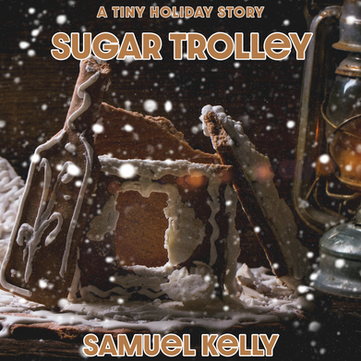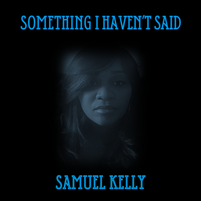
Samuel Kelly |
Contemporary Sonic Architect
Samuel Kelly is a visionary force in the realm of music production and storytelling, where he stands at the forefront of crafting immersive sonic experiences that transcend traditional boundaries.
With a keen ability to leverage technology and innovation, Samuel creates unique, captivating narratives that redefine how audiences experience sound. He excels as a Contemporary Sonic Architect within a cutting-edge music production and storytelling company, renowned for its diverse, passionate team of professionals who share a love for music, technology, and storytelling.
In his role, Samuel plays a crucial part in bringing sonic stories to life, crafting initial music sketches, and developing impactful musical narratives. His responsibilities include composing, arranging, and reharmonizing music to suit various projects, as well as creating vocal arrangements that align with thematic storytelling goals. Samuel oversees audio engineering tasks, including mixing and mastering, ensuring high-quality production while collaborating with team members to enhance and refine creative concepts. His expertise in organology and ethnomusicology allows him to infuse diverse musical elements into compositions, and his commitment to staying current with cutting-edge technologies continuously pushes the boundaries within the field of sound design.
Samuel's qualifications and skills reflect his deep understanding of music theory, musicology, and ethnomusicology, along with proficiency in live performance and fluency in at least one instrument. He possesses expertise in music composition, arrangement, and reharmonization, and demonstrates a unique ability to craft engaging vocal and musical arrangements. With a solid foundation in audio engineering and a passion for leveraging technology and innovation, Samuel Kelly consistently delivers immersive sonic experiences.
































